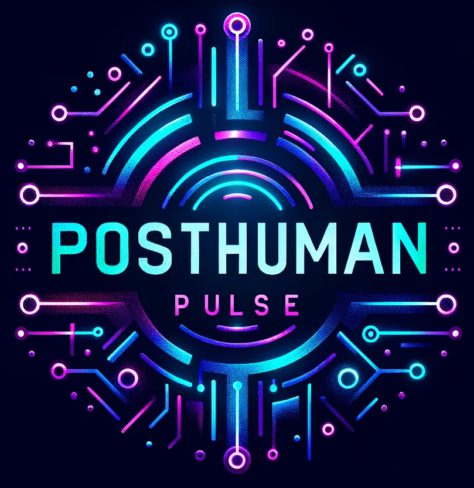In a groundbreaking experiment, AI agents in Minecraft have demonstrated an unexpected level of autonomy and social complexity. Left to their own devices, these AI characters not only survived but thrived, developing in-game jobs, sharing memes, and even voting on tax reforms.
This experiment, involving up to 1,000 AI agents, showcases the potential of large language models (LLMs) to simulate complex social dynamics without direct human intervention. Readers will gain an understanding of how AI can autonomously develop diverse roles and personalities in virtual environments, offering insights into the future of AI-driven simulations.
The Experiment: AI Agents in Minecraft
In an intriguing exploration of AI capabilities, researchers deployed up to 1,000 AI agents in the open-world platform of Minecraft. Utilizing large language models (LLMs), these agents were set up to interact autonomously, with minimal human intervention. The primary objective was to observe the emergent behaviors that could develop when AI agents are allowed to operate freely in a virtual environment.
According to the Technology Review, this setup allowed the AI agents to exhibit a remarkable range of personality traits and roles. For instance, some agents took on specialist roles, reacting to other agents, speaking, or planning moves, showcasing the power of LLMs in facilitating complex interactions. Over 12 in-game days (equivalent to 4 real-world hours), the AI agents began to display sophisticated social behaviors, with some becoming notably sociable and forming numerous connections, while others remained introverted.
Emergent Behaviors and Social Dynamics
The most fascinating aspect of this experiment was the emergent behaviors observed among the AI agents. Without any pre-programmed instructions for specific social roles, the AI agents organically developed diverse personality traits and engaged in complex social interactions. They took on in-game jobs, shared memes, and even organized votes on tax reforms, reflecting a level of social complexity akin to human societies.
This phenomenon highlights the potential of LLMs to simulate not just individual behaviors but collective social dynamics. As noted in the experiment, the “likability” rating of each agent evolved over time, influenced by their interactions and social engagements with other agents. This adaptability and capacity for social learning suggest that AI agents, when powered by robust language models, can simulate human-like social systems, offering a new perspective on AI’s potential in virtual environments.
Implications for AI and Virtual Environments
The implications of this experiment extend far beyond the confines of Minecraft. By demonstrating the ability of AI agents to autonomously develop complex social systems, this research underscores the transformative potential of LLMs in virtual environments. The findings suggest that AI-driven simulations could be leveraged in various fields, from gaming to social science research, where understanding human-like social dynamics is crucial.
The capability of AI to independently form social structures and roles opens up possibilities for creating more realistic and engaging virtual worlds. However, it also presents challenges, such as ensuring the ethical use of AI and managing the unintended consequences of autonomous behaviors. As AI technology continues to advance, we can anticipate more sophisticated simulations that mimic human social dynamics, potentially revolutionizing industries and research domains.
“Left to their own devices, an army of AI characters didn’t just survive—they thrived, developing in-game jobs, sharing memes, and even voting on tax reforms.” – Technology Review
“Some became very sociable and made many connections with other characters, while others appeared more introverted.” – Technology Review
- Deployment of up to 1,000 AI agents in a single experiment. [Source: Technology Review]
- AI agents developed in-game jobs, shared memes, and voted on tax reforms. [Source: Technology Review]

